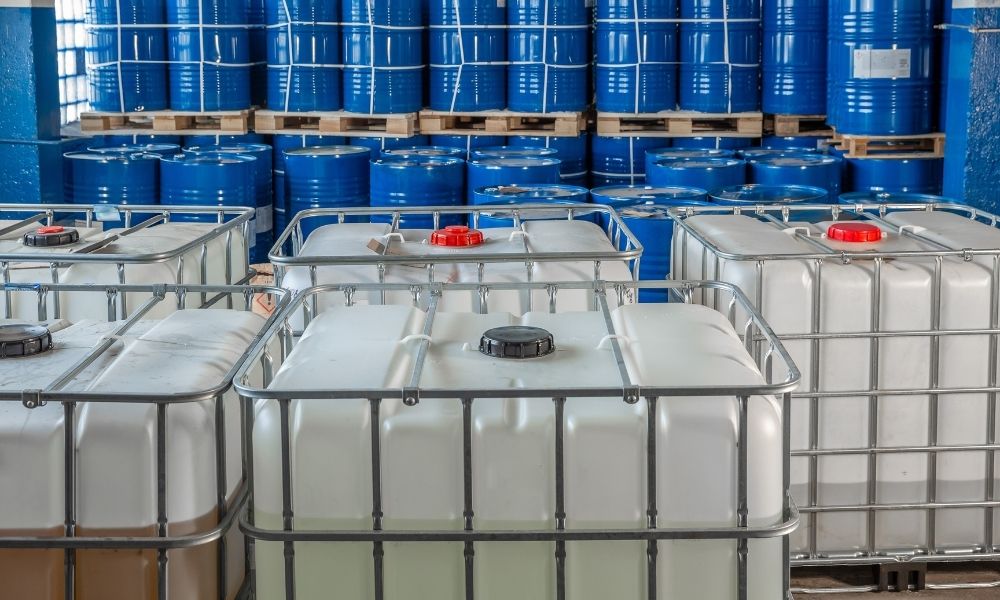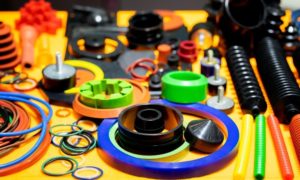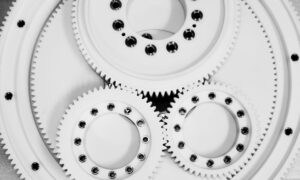Unlike most substances, polymers are incredibly strong and can withstand a lot of wear and tear. This is due to the strength of the resin that the polymers are made with, which makes stronger compounds that create a vessel that can seal strong acids and bases. They can also support other compounds of chemical mixtures that would normally jeopardize the integrity of other substances like wood or glass. These are just a few reasons why chemicals are stored in plastic tanks, as we will discuss further.
Ensures Safety
Safety is the first thing to ensure when handling chemicals of any kind. Chemicals can cause serious damage they’re if improperly handled. Acids and bases can be equally as strong as one another—or even stronger. This means there should be no question as to what material is strong enough to handle these chemicals: plastic. Therefore, plastic storage water tank manufacturers are in demand.
Cannot Be Stored in Glass
Glass can’t handle harsh chemicals (like hydrochloric acid) due to its chemical composition and makeup. Its chemical composition lacks the versatility that polymers have, which makes glass susceptible to acids, bases, and other elements and chemicals. polymers that won’t be susceptible to harsh chemicals include polyethylene, polymethyl pentene, and Teflon.
Specific Gravity
Many of these polymer tanks are built to store a specific weight of fluid. The specific gravity of other chemicals might impact it slightly, but in most cases, polymer tanks can be just as easily customized and fabricated to hold specific chemicals. Glass and other compounds, however, are unable to do this.
Plastic tanks can do marvelous things—but who knew that they could hold such powerful chemicals? Polymers’ resilience and building specifications mean they can hold anything you can imagine. This is just one of the amazing reasons why chemicals are stored in plastic tanks instead of containers made from other materials.




